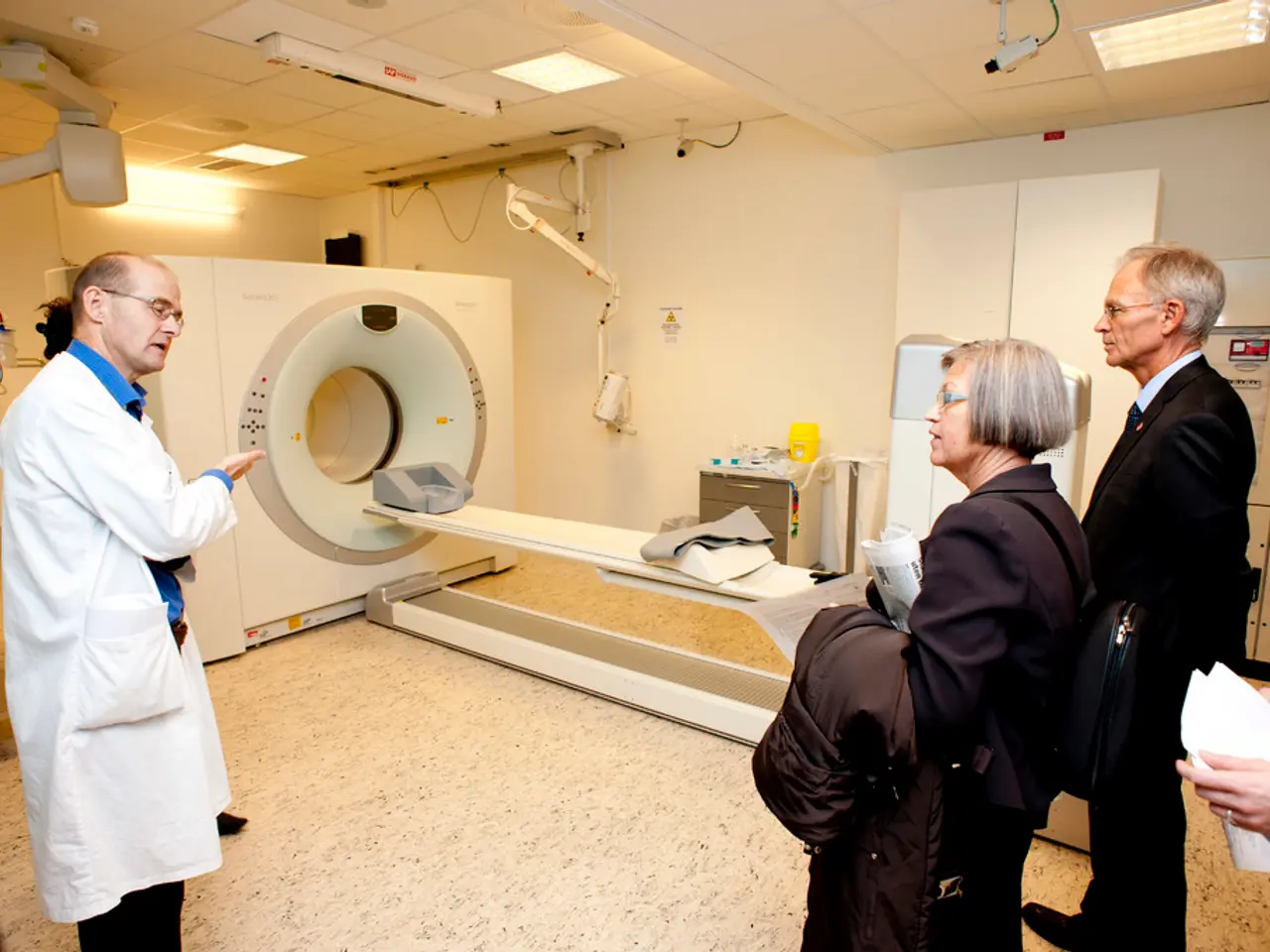Importance of Cultural Sensitivity Training for Medical Professionals to Prevent Malpractice Occurrences
Overlooking cultural differences in healthcare can have serious consequences, leading to misdiagnosis, inappropriate treatment, and poor patient outcomes. A poignant example of this is the story of a patient who was misdiagnosed for patting her weave, a common cultural grooming practice [5].
Recognizing the impact of cultural bias on medical diagnosis is crucial for ensuring equitable and patient-centered care. Understanding the cultural significance of hair and grooming practices is essential for providing culturally competent care.
Cultural sensitivity training can have numerous benefits for medical professionals. It improves communication with patients from diverse backgrounds, recognizes and addresses biases, and enhances the ability to adapt treatment plans to align with a patient's cultural values and preferences.
Promoting diversity in the medical field can help bridge the gap in cultural understanding and reduce the likelihood of misdiagnosis due to cultural ignorance. Diverse healthcare teams bring different perspectives, experiences, and cultural knowledge to the table, leading to more comprehensive assessments and improved patient outcomes.
Empathy plays a crucial role in providing culturally competent care. It fosters trust and rapport with patients, enabling healthcare providers to approach each patient as an individual.
Improved diagnostic accuracy is one of the key benefits of cultural competence. Recognizing cultural differences in symptom presentation helps avoid mistaking culturally normative behaviors for pathological ones, thus reducing misdiagnosis [1].
Culturally competent care also enhances therapeutic relationships. It encourages patients to disclose relevant health information and follow treatment plans [1][3][5].
Tailoring healthcare according to cultural, linguistic, and literacy needs of patients improves management of chronic diseases like diabetes and asthma, mental health, and preventive care like cancer screening [2].
Self-awareness and communication are also crucial aspects of cultural competence. Providers reflecting on their own cultural biases and engaging in open, respectful dialogue with patients and families supports personalized care and better outcomes [4].
Unfortunately, cultural ignorance can perpetuate mistrust—especially among historically marginalized groups—which leads to underutilization of healthcare services and disparities in public health outcomes [1][3]. Systemic barriers and lack of training in cultural competence among providers also contribute to these problems [4].
In conclusion, cultural competence is essential to avoid misinterpretation of symptoms, ensure respectful communication, build trust, improve adherence, and ultimately deliver equitable and effective healthcare [1][2][3][4][5].
References:
[1] Vargas, J. M., & Ritchie, L. D. (2012). The role of cultural competency in improving healthcare outcomes for racial and ethnic minorities. Journal of Health Care for the Poor and Underserved, 23(3), 618-630.
[2] Smedley, B. D., Stith, A. Y., & Nelson, A. R. (2003). Unequal treatment: confronting racial and ethnic disparities in health care. National Academy Press.
[3] Sue, D. W., Sue, D., & Sue, M. (2015). Counseling the culturally diverse: theories and practices. John Wiley & Sons.
[4] Torres, G., & Flores, N. (2007). The cultural competence continuum: a model for assessing cultural competence in healthcare organizations. Journal of Health Care for the Poor and Underserved, 16(2), 353-368.
[5] Williams, L. M., & Cooper, L. A. (2014). Race matters: the continuum of racial inequity in health. American Journal of Public Health, 104(S1), S1-S7.
- Leadership in promoting cultural sensitivity training within the medical field could lead to significant improvements in patient outcomes.
- Understanding the cultural background of a patient is crucial in influencing the appropriate treatment for medical-conditions such as chronic diseases, cancer, respiratory conditions, digestive health, eye-health, and hearing issues.
- Proper skin-care is critical for managing skin-conditions, which can be part of a comprehensive approach to health-and-wellness.
- Fitness-and-exercise plays a vital role in maintaining overall health and can be a component of various therapies-and-treatments.
- Nutrition is key in managing and preventing various health issues; consciousness about nutrition is essential for medicare beneficiaries.
- CBD products have been explored in neurological-disorders treatment, like epilepsy and multiple sclerosis [1].
- Unaddressed autoimmune-disorders can lead to serious complications, necessitating consistent mental-health support for affected individuals.
- Education-and-self-development can empower patients to advocate for their health, particularly in situations involving cultural nuances in health-related matters.
- Personal-growth extends to every aspect of life, including one's health and well-being, helping individuals make positive lifestyle changes.
- Career-development opportunities in diverse fields—such as medicine, sports, and sports-analysis—provide avenues for cultural competence and understanding.
- In basketball, as in healthcare, recognizing and adapting to players' cultural backgrounds can improve team dynamics and performance [2].
- Effective communication and empathy towards patients with unique health needs can foster a sense of trust and lead to better care.
- Systemic change—including policy reform, resources allocation, and inclusive education initiatives—is required to address disparities and create a more culturally competent society.




